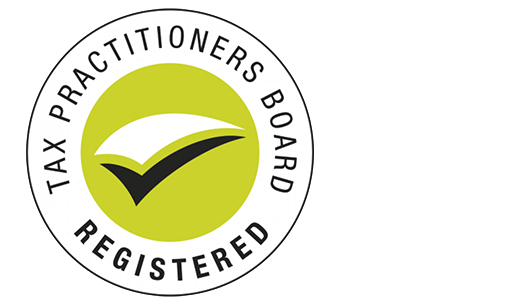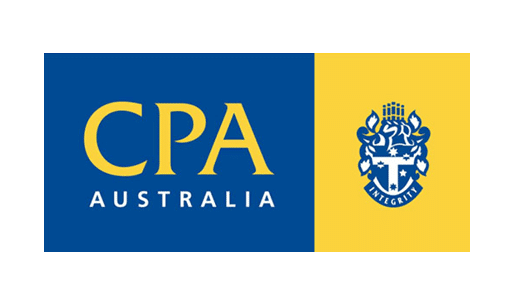New Centrelink rules mean preplanning is more important than ever.
Don’t let the first time you think about Aged Care be when you need it urgently. The maze of rules and red tape can quickly become a nightmare, especially if you’re also dealing with the health, emotions and finances of an elderly family member.
New Centrelink rules mean that pre-planning is more important than ever, otherwise families risk making mistakes or rushing decisions that can reduce Aged Pensions, cut funding assistance and even risk the family home.
New rules
The new rules which came into force on July 1 have changed the way government funding is assessed, removed the distinction between high level care and low level care and introduced
The biggest changes are a new style of accommodation bond and the introduction of a new combined assets and income test for people entering aged care. Previously assets and income tests were separate.
The new rules have had the affect of making the industry even more complex. The new Centrelink form itself is 32 pages long and involves answering 144 questions.
First step
However, the first step to organise or enter aged care remains the same. A formal assessment is required to see what type of care, at home or in accommodation, is needed and what funding the person qualifies for.
Known as an Aged Care Assessment Team (ACAT or ACAS) assessment, this determines eligibility for aged care and can be arranged by your local doctor.
This assessment will also be linked to the new Centrelink means-test to help determine what fees the person will pay and what fees the aged care facility will receive from the government.
Before finalising the paperwork
The new combined assets test means it is vital to get financial advice before completing the Centrelink assets and income test, all our industry experts say. That’s because there are different ways to arrange your finances, which will impact on aged care fees. The family home has some exceptions — if it is kept and rented out, however, this rental income is then counted in the income test. If the home is sold, such as to pay the lump sum accommodation deposit, any money left over is counted as a financial asset and this also can reduce the Age Pension entitlement and potentially increase the ongoing fees.
New asset test
There is now only one test involving an assessment of both income and assets; previously these were two separate tests.
One of the biggest issues now is how the family home is classified, IPAC chief executive Patrick Canion says.
“The key to dealing with these new rules is to work out what the assets are and how best to use these to get the best result,’’ Canion says.
In many situations keeping the home and renting it out can provide a better financial outcome.”
According to Canion the difference for someone with a $700,000 home receiving a full Age Pension and with about $150,000 in other assets can mean almost $20,000 a year extra cash flow by keeping the property and renting it out.
New accommodation payments
Previously known as accommodation bonds or bed fees, they are now called Residential Accommodation Deposits — RADs. Each home sets its own RAD amount, however, those that charge more than $550,000 must get government approval.
“The quoted prices are maximums so there may be some wriggle room to offer less but be wary of doing so, as there is a good chance that there is a waiting list,’’ KeyInvest managing director Ian Campbell says.
“There may also be benefits in paying a higher entry cost as lump sums are an exempt asset for age pension purposes,’’ he says.
The costs
There are three main types of ongoing fees involved in aged care accommodation.
- 1. The basic daily fee is set by the government, at about 85 per cent of the Age Pension.
- 2. A means-tested care fee which is calculated on your income and assets test by Centrelink.
3. Any extra services offered, which vary from home to home.
However, the biggest immediate financial burden is the accommodation cost which can be up to $2 million but often around $500,000. If this amount can’t be paid as a lump sum, then the equivalent interest rate must be paid as an ongoing fee — or a combination of part lump sum and part interest rate payments.
This deposit is fully refunded when the person moves out or dies. The manager of the accommodation keeps the interest the lump sum earns as payment for providing the physical building, management and services.
Entry costs can also be waived or reduced for people with low assets or income.
“To calculate the amount someone pays toward their care can involve up to 15 separate calculations so it really can be complex and confusing,’’ Campbell says.
“The decisions made about how to pay the entry cost (accommodation deposit) cannot only significantly affect how much you will contribute but will also impact on existing pensions entitlements,’’
Aged Care Fees in Summation
Basic Daily Fee:
Meals, Staff, utilities, laundry etc.
Means-Tested Contribution:
Centrelink assessment of how much you will contribute toward your care. It is capped at $25,000 a year or $60,000 over a lifetime.
Extra Services:
Some homes offer extra services. Negotiated with the provider.
Accommodation Cost:
Each home decides its fee charges, also known as a bed fee or entry fee. This is usually a lump sum refundable accommodation deposit (RAD) or by paying the interest rate of 6.69 per cent on the equivalent lump sum.




Leave a Comment